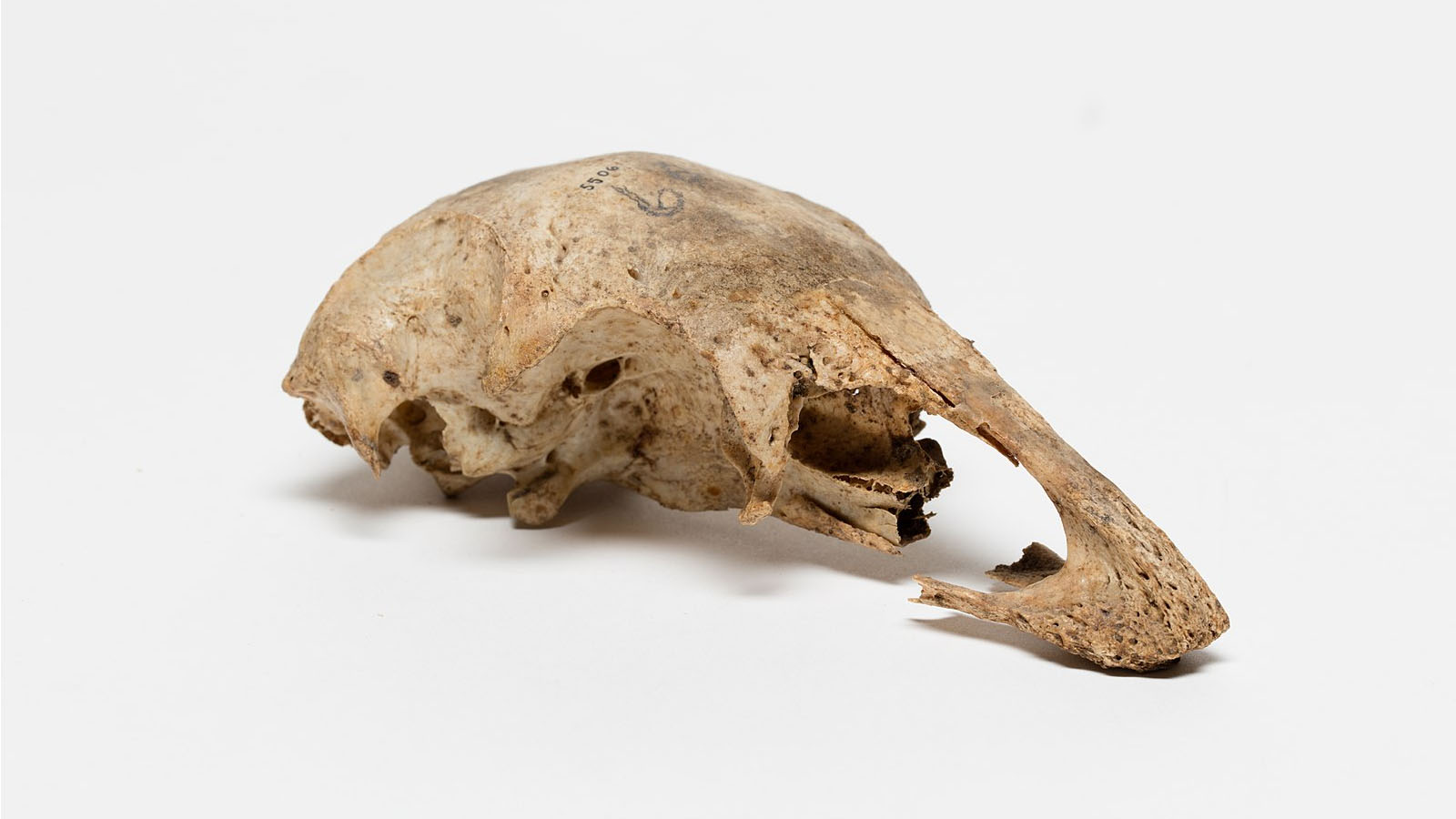
A recent paper by Edwards and colleagues reports reconstructing the complete DNA sequence of the little bush moa, a flightless bird, now extinct, that once lived in New Zealand. By analyzing preserved genetic material from moa remains to build a detailed map of the bird's DNA - genome assembly - the researchers were able to learn more about the bird’s genetic makeup, including insights into its evolutionary history, why it lost the ability to fly, and how it might have differed from other birds.
Such research helps scientists understand more about extinct species and their relationships with living birds. It also provides valuable information for studying how these birds adapted to their environment.